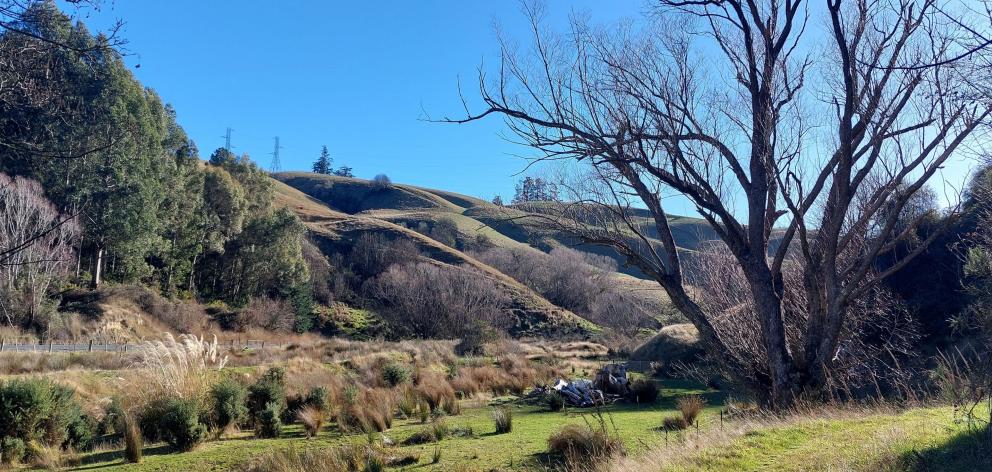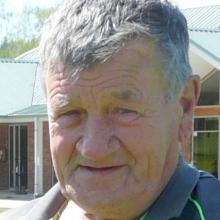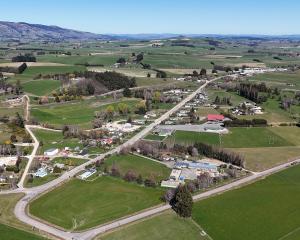
The site of Otago’s first gold rush is being sullied by deposits of a different kind - faeces left by dogs and freedom campers.
During its meeting in Lawrence yesterday, Lawrence-Tuapeka Community Board members discussed a response from the Department of Conservation (Doc) regarding the issue of uncontrolled dogs and non-self-contained freedom campers leaving faeces in Gabriel’s Gully.

Gabriel’s Gully was the country’s first payable gold discovery in 1861 by Gabriel Reid.
The gully is a popular tourist drawcard.
A letter to Doc, from board chairman Geoff Davidson, said dog and freedom camping bylaws needed to be enforced, and signage deterring the antisocial behaviours improved.
Dogs were being allowed to ‘‘roam unleashed’’, he said.
‘‘Coupled with the concerning issue of faeces not being picked up (a potential health hazard to other dogs, people and neighbouring farm stock via the real potential to spread sheep measles), as well as the fact that off-leash dogs have been running away on to neighbouring farms and also fighting when they meet on uncontrolled walks, there is a real need for action over signage at the park.’’
Education was an ‘‘important tool’’, alongside enforcement, Mr Davidson said.
He believed enforcement could be provided by council animal control, if Doc delegated.
In Doc’s response, Doc Dunedin heritage and visitor senior ranger Teige Sherwood-O’Regan described the report as ‘‘disheartening’’.
Doc did not at present delegate enforcement activities to the council, and did not have the capacity to enforce controls itself, he said.
‘‘Working with other regulatory bodies is necessary to provide a suitable experience for visitors.
‘‘[We’ll] engage with the council on how we can more effectively collaborate on dog control across the district where it relates to Doc-managed conservation land.’’
The department would also investigate new signage, he said.












